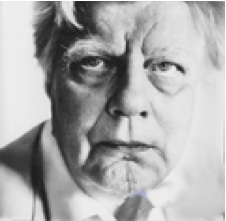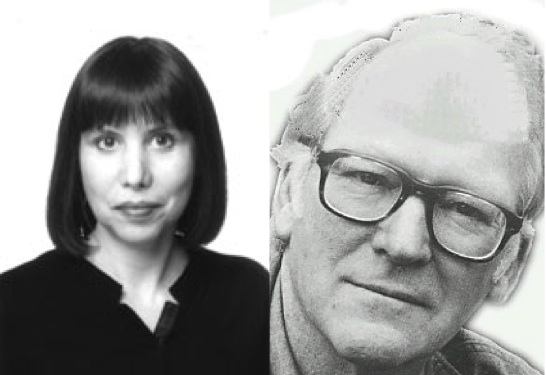Press the right key for the next slide (or swipe left)
also ...
Press the left key to go backwards (or swipe right)
Press n to toggle whether notes are shown (no equivalent if you don't have a keyboard)
Press m or double tap to see a menu of slides
Understanding
What do I know or understand when I can communicate with language?
‘You can deceive yourself into thinking that the child is talking if it makes sounds which, if made by a genuine language-user, would have a definite meaning.
’ … If a mouse had vocal cords of the right sort, you could train it to say “Cheese”. But that word would not have a meaning when uttered by the mouse, nor would the mouse understand what it “said”.’
Davidson 1999: 11
'to attribute to a speaker no more than knowledge of how to play … interlocking language games is to make him a participant in an activity he cannot survey (‘cannot see what is going on’).'
Dummett (1979: 224)

Understanding a word can’t be purely a practical ability because this would ‘render mysterious our capacity to know whether we are understanding.’
Dummett (1991: 93)
Language is ‘a rational activity on the part of creatures to whom can be ascribed intention and purpose’. So we need to distinguish ‘those regularities of which a language speaker, acting as a rational agent engaged in conscious, voluntary action, makes use from those that may be hidden from him.’
Dummett (1978: 104)
‘A child at this stage has no linguistic knowledge but merely a training in certain linguistic practices. When he has reached a stage at which it is possible for him to lie, his utterances will have ceased to be merely responses to features of his environment or to experienced needs. They will have become purposive actions based upon a knowledge of their significance to others.’
Dummett (1991:95)
- Communicating with language involves being able to understand what you've said.
- Being trained in how words are used does not enable one to understand what would be said in uttering those words.
Conclusion:
We cannot fully explain how humans become able to communicate with language by appeal to training.
‘Whenever I think I understand what he [Davidson] is trying to say, I am told by the Davidson scholars that it is all much more subtle and interesting than that, though very difficult to articulate except by quoting more Davidson.’
Gopnik, “How to understand beliefs” (1995: 399)
